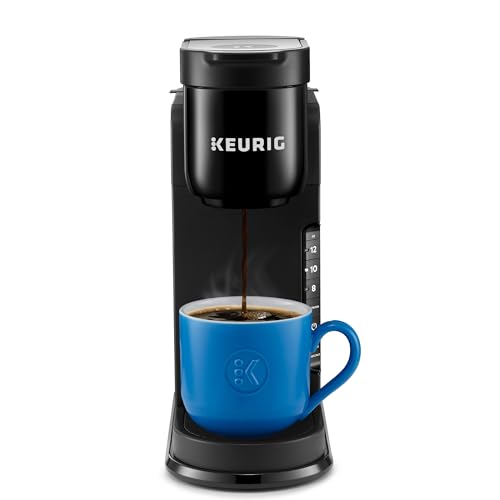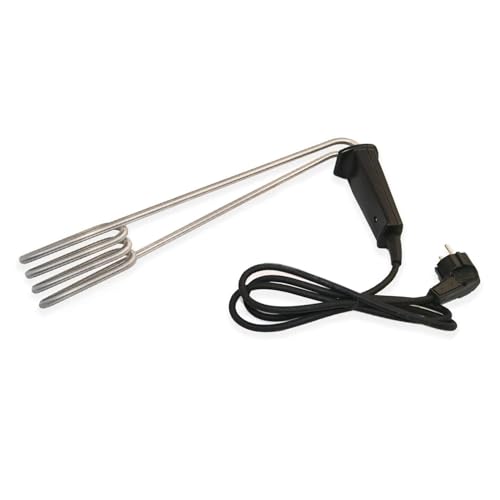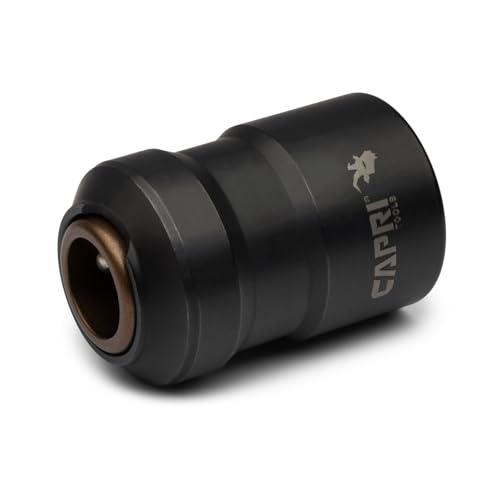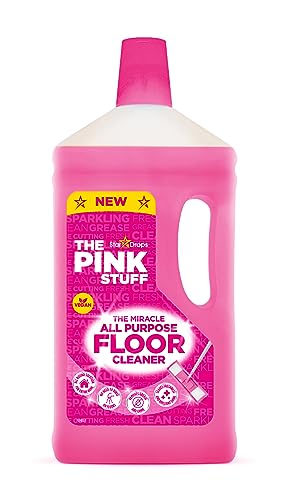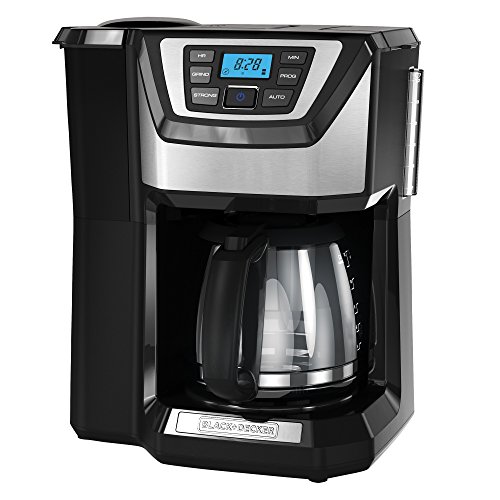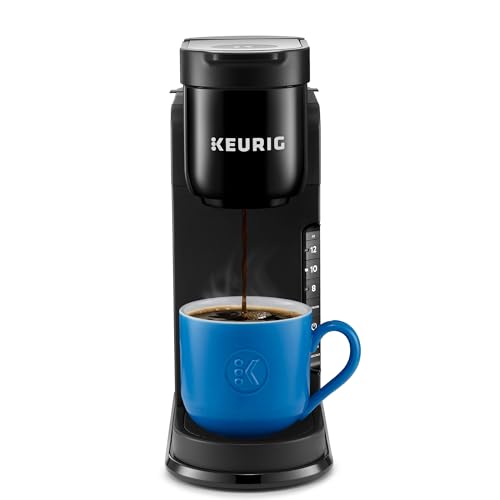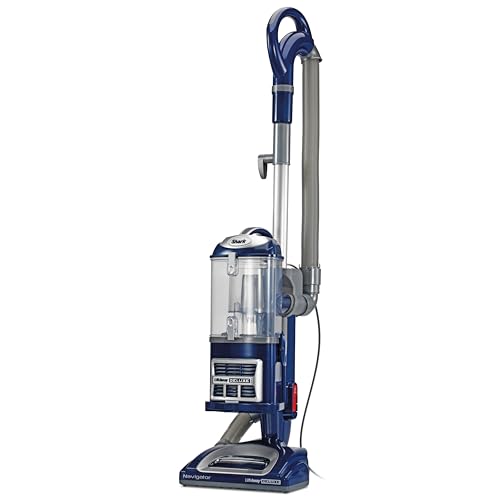Yes, you can use a window air conditioner with other non-working units. This can be a practical solution in certain situations.
A window air conditioner is a great way to cool a room. But what if your other cooling units aren’t working? Before you decide to buy new equipment or call a repair service, consider using your existing window air conditioner.
This solution can save you money and provide immediate relief from the heat. In this post, we will explore the feasibility of using a window air conditioner when other units fail. We’ll discuss the advantages and potential limitations. By the end, you will have a clear understanding of whether this is a suitable option for your needs.
Introduction To Window Air Conditioners
Window air conditioners are a popular choice for cooling single rooms. They are affordable, easy to install, and efficient. Knowing the basics and benefits can help you decide if a window AC is right for you.
Basics Of Window Acs
Window air conditioners are designed to fit in standard windows. They are compact units that contain all the components needed for cooling. The key parts include a compressor, condenser, evaporator, and fan.
These units work by removing warm air from the room and expelling it outside. The cooled air is then circulated back into the room. Most window ACs also come with a thermostat for temperature control and a filter to improve air quality.
| Feature | Description |
|---|---|
| Compressor | Circulates refrigerant to cool the air |
| Condenser | Releases the heat outside |
| Evaporator | Absorbs heat from inside the room |
| Fan | Moves the air over the coils |
Benefits Of Window Acs
- Cost-effective: Window ACs are usually cheaper than central air systems.
- Easy installation: They can be installed by most homeowners without professional help.
- Energy efficiency: Window ACs use less energy than central air systems, reducing electricity bills.
- Space-saving: They do not take up floor space, making them ideal for small rooms.
- Flexibility: You can cool specific areas without cooling the entire house.
With these benefits, window air conditioners are a practical choice for many households. They offer an effective solution for cooling individual rooms without the need for complex installations.
Common Issues With Non-working Units
Using a window air conditioner alongside other non-working units can be challenging. These issues can affect the performance and efficiency of your air conditioner. Understanding the common problems can help you address them effectively.
Types Of Non-working Units
There are various types of non-working units that can cause issues. Here are some examples:
- Non-functional heaters – These can create uneven heating and cooling.
- Broken fans – These units can block airflow, reducing efficiency.
- Malfunctioning humidifiers – These can affect humidity levels, impacting comfort.
Typical Problems
Non-working units often come with typical problems that can disrupt your air conditioner’s performance. Let’s look at some common issues:
| Problem | Description | Impact on Air Conditioner |
|---|---|---|
| Blocked Airflow | Non-working units can obstruct airflow. | Reduces cooling efficiency and increases energy consumption. |
| Temperature Imbalance | Non-functional heaters can cause uneven temperatures. | Leads to inconsistent cooling and discomfort. |
| Humidity Control Issues | Malfunctioning humidifiers affect humidity levels. | Impacts comfort and may cause condensation. |
Addressing these problems is crucial for optimal performance. Regular maintenance and timely repairs can help you avoid these issues. Ensure all units in your home are functional to maintain a comfortable environment.
Compatibility Factors
Compatibility factors play a crucial role in ensuring your window air conditioner works efficiently with other devices. Understanding these factors can prevent potential issues and improve the lifespan of your appliances. Let’s delve into the key compatibility aspects that you should consider.
Power Requirements
Each window air conditioner has specific power needs. Ensure your unit matches your home’s power supply. Check the voltage and amperage requirements. Most units need a standard 120-volt outlet, but some require 240 volts.
Using an incorrect power source can damage the air conditioner. It can also cause other connected devices to malfunction. Always check the power specifications in the manual before installing your unit.
Electrical Compatibility
Electrical compatibility is another essential factor. Your home’s wiring should support the air conditioner’s power draw. Older homes might have outdated wiring that can’t handle modern devices.
Inspect your circuit breaker. It must support the added load of the air conditioner. If unsure, consult an electrician. They can assess your home’s electrical system and suggest necessary upgrades.
Ensuring electrical compatibility will prevent overloads. It also reduces the risk of electrical fires. Proper compatibility ensures your window air conditioner runs smoothly with other devices.
Installation Considerations
Installing a window air conditioner requires careful planning. This ensures it works efficiently. Proper installation can also extend the life of the unit. Below are some key factors to consider during installation.
Placement And Space
Choosing the right placement is crucial. The air conditioner should be installed in a window that is central to the room. This helps in even distribution of cool air. Ensure there is enough space around the unit. It should not be blocked by furniture or curtains.
Measure the window dimensions before purchasing. This ensures the unit fits well. Also, check the weight capacity of the window frame. Some air conditioners are heavy and need strong support.
Ventilation Needs
Proper ventilation is essential for a window air conditioner. The unit needs to expel hot air outside. Make sure the back of the unit is clear of obstructions. This includes walls, bushes, or other structures.
Use a window with a clear, unobstructed view outside. Avoid placing the unit in shaded areas. This can affect its efficiency. Ensure there is at least two feet of space behind the unit.
Consider using a support bracket. This helps to secure the unit and aids ventilation. It also prevents the air conditioner from tilting.
Safety Precautions
Using a window air conditioner with other non-working appliances requires careful attention to safety precautions. Ensuring the safe operation of your air conditioner can prevent potential hazards and maintain the longevity of your appliance. Here are some key safety tips to keep in mind.
Preventing Overload
Overloading electrical circuits can cause serious damage. Make sure your window air conditioner is plugged into a dedicated outlet. Avoid using extension cords. They can overheat and pose a fire risk. Check the electrical capacity of your home. Ensure it can handle the air conditioner’s power requirements.
Regular Maintenance
Regular maintenance keeps your window air conditioner running smoothly. Clean the filters every month. Dust and debris can block airflow. This reduces efficiency and increases energy consumption. Inspect the unit for any visible damage. Check the coils for dirt buildup. Schedule professional servicing annually. This ensures all components are in good working order.
Efficiency And Performance
Using a window air conditioner with other non-working units can impact its efficiency and performance. Understanding how it affects energy consumption and cooling efficiency is crucial. This ensures you get the best out of your air conditioning system.
Energy Consumption
A window air conditioner already consumes a significant amount of energy. Adding non-working units can increase the load on the functional one. This happens because the air conditioner has to work harder to cool the space. As a result, the energy consumption rises.
| Scenario | Energy Consumption |
|---|---|
| Using a single working unit | Normal |
| With non-working units | Higher |
Keeping your non-working units in place can also lead to energy wastage. The working unit attempts to cool the air which may escape through gaps or leaks in the non-working units.
Cooling Efficiency
The cooling efficiency of a window air conditioner depends on several factors. One key factor is the state of other units in the space. Non-working units can obstruct airflow. This reduces the efficiency of the working air conditioner.
- Blocked vents
- Poor insulation
- Increased humidity
These issues can cause the air conditioner to cycle on and off more frequently. This decreases its overall cooling efficiency.
In summary, using a window air conditioner with other non-working units can negatively affect both energy consumption and cooling efficiency. Removing or repairing non-working units can help improve the performance of your functional air conditioner. This ensures a cooler and more efficient living space.
Potential Challenges
Using a window air conditioner with other non-working units can present several challenges. These challenges can affect the performance and efficiency of your cooling system. This section will explore some of the key issues you may encounter.
Noise Levels
One of the main challenges is noise levels. Window air conditioners can be noisy. This noise can become more noticeable when other units are not working. The absence of background noise from other units makes the air conditioner’s sound more prominent. This can be especially disruptive in quiet environments like bedrooms or offices.
To manage noise, consider the following tips:
- Place the unit in a less frequently used room.
- Use soundproof curtains to absorb noise.
- Regularly maintain the air conditioner to reduce mechanical noise.
Temperature Control
Temperature control can be another significant issue. When other cooling units are not working, the load on the window air conditioner increases. This can make it harder to maintain a consistent temperature.
Here are some ways to improve temperature control:
- Ensure proper insulation in the room.
- Close doors and windows to prevent heat from entering.
- Use fans to help circulate cool air.
By addressing these challenges, you can improve the efficiency and comfort of using a window air conditioner with other non-working units.
Expert Tips And Recommendations
Using a window air conditioner with other non-working units can be tricky. Yet, the right guidance can make it easier. Here are some expert tips to help you.
Choosing The Right Model
Selecting the correct window air conditioner model is crucial. It ensures efficiency and compatibility. Here are key factors to consider:
- BTU Rating: The BTU rating indicates the cooling capacity. Make sure it matches your room size.
- Energy Efficiency: Choose models with an Energy Star rating. They save energy and reduce costs.
- Noise Level: Check the noise level. Quieter models enhance comfort.
- Additional Features: Look for features like remote control, timer, and sleep mode. They add convenience.
Professional Installation Advice
Proper installation is key to optimal performance. Here are some tips from experts:
- Secure Fit: Ensure the unit fits tightly in the window. Gaps can cause air leaks.
- Electrical Requirements: Verify the electrical outlet meets the unit’s requirements. Use a dedicated circuit if needed.
- Support Brackets: Use support brackets for stability. They help to prevent unit falls.
- Seal Gaps: Seal any gaps around the unit. This improves efficiency and keeps insects out.
Following these tips ensures your window air conditioner works well. It also increases its lifespan and efficiency.
Frequently Asked Questions
Can You Use A Window Ac With A Broken Fan?
Yes, you can use a window AC if the internal fan is working. However, it may be less efficient.
Is It Safe To Use A Window Ac With A Faulty Compressor?
No, it’s not safe to use a window AC with a faulty compressor. It can lead to further damage.
Will A Window Ac Work Without The Front Cover?
A window AC can work without the front cover, but it’s not recommended. It may reduce efficiency.
Can A Window Ac Function With A Broken Remote?
Yes, a window AC can still function with manual controls if the remote is broken.
Conclusion
Using a window air conditioner with non-working units is possible. Ensure proper ventilation to avoid overheating. Regularly clean and maintain your air conditioner for efficiency. Consider energy usage to manage costs. Always follow the manufacturer’s guidelines for safety. This will help you stay cool and comfortable at home.

Every home has a story, and I’m here to help you write yours. At Nest ICU, I blend a passion for design with practical expertise to inspire homeowners to transform their spaces into something extraordinary. From cozy bedrooms to stunning outdoor retreats, I believe the magic of a dream home lies in the details—and I’m here to share them with you.
Have questions, ideas, or just want to chat about your next project? Reach out to me at admin@nesticu.com. Let’s turn your vision into a masterpiece, one room at a time. Your dream space is just a click away.


